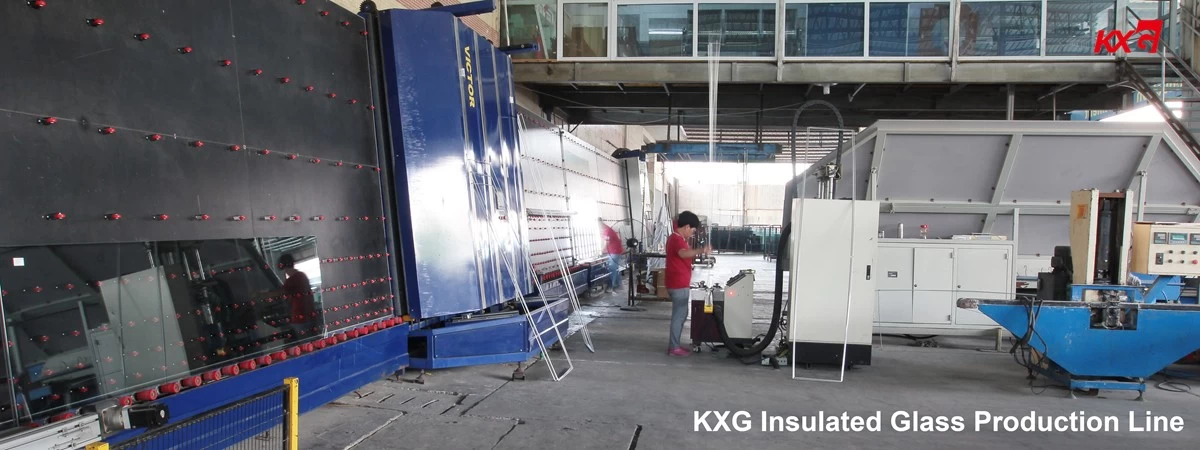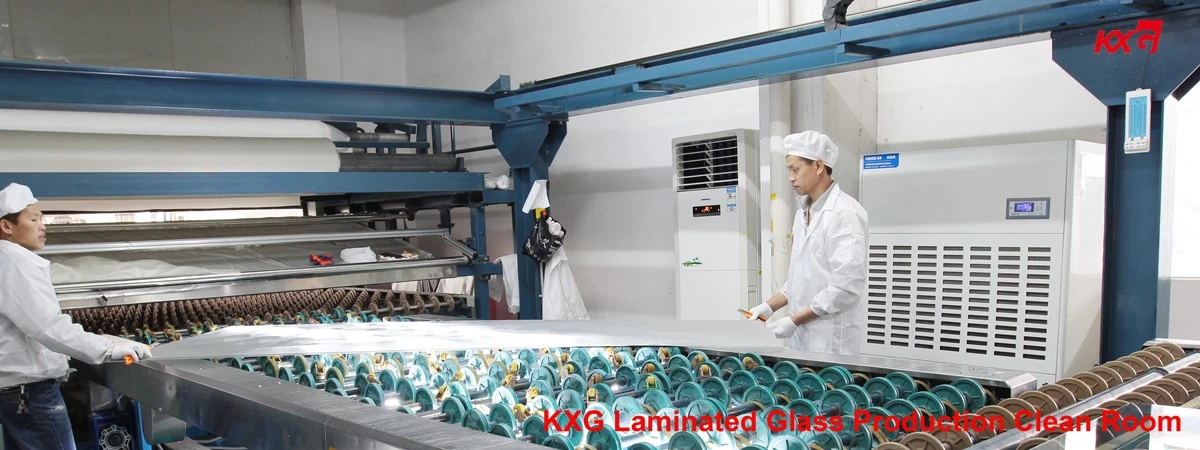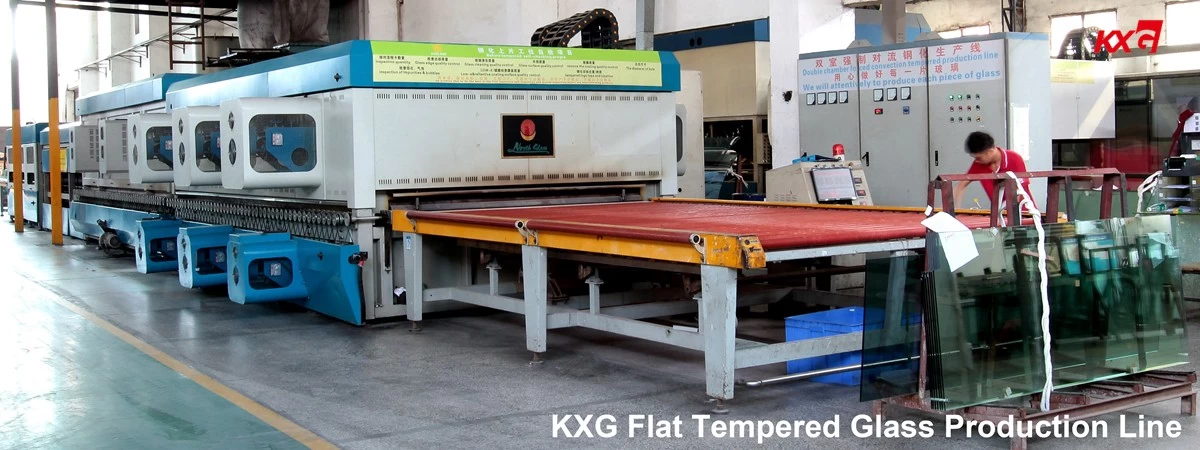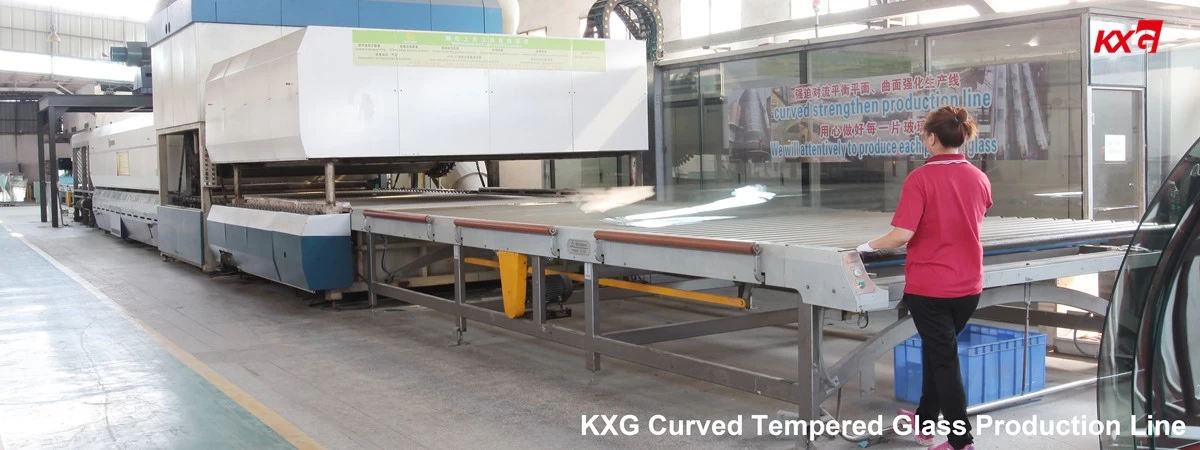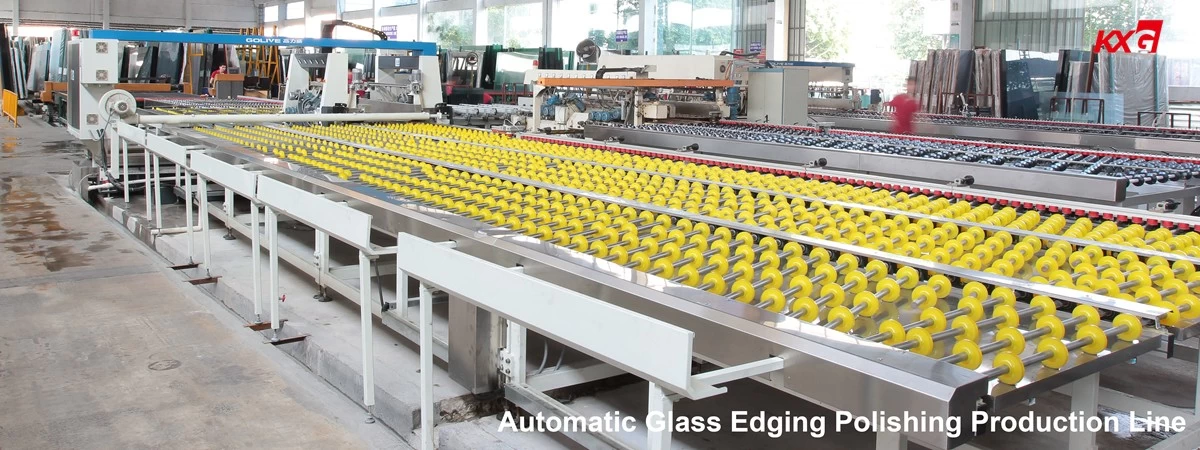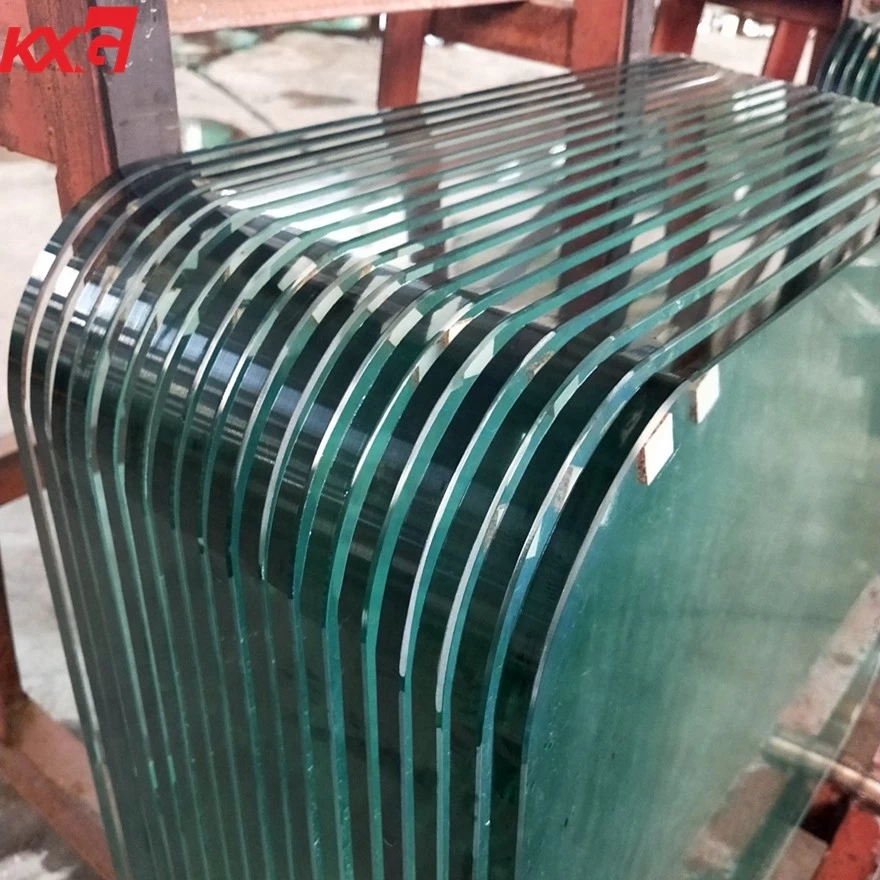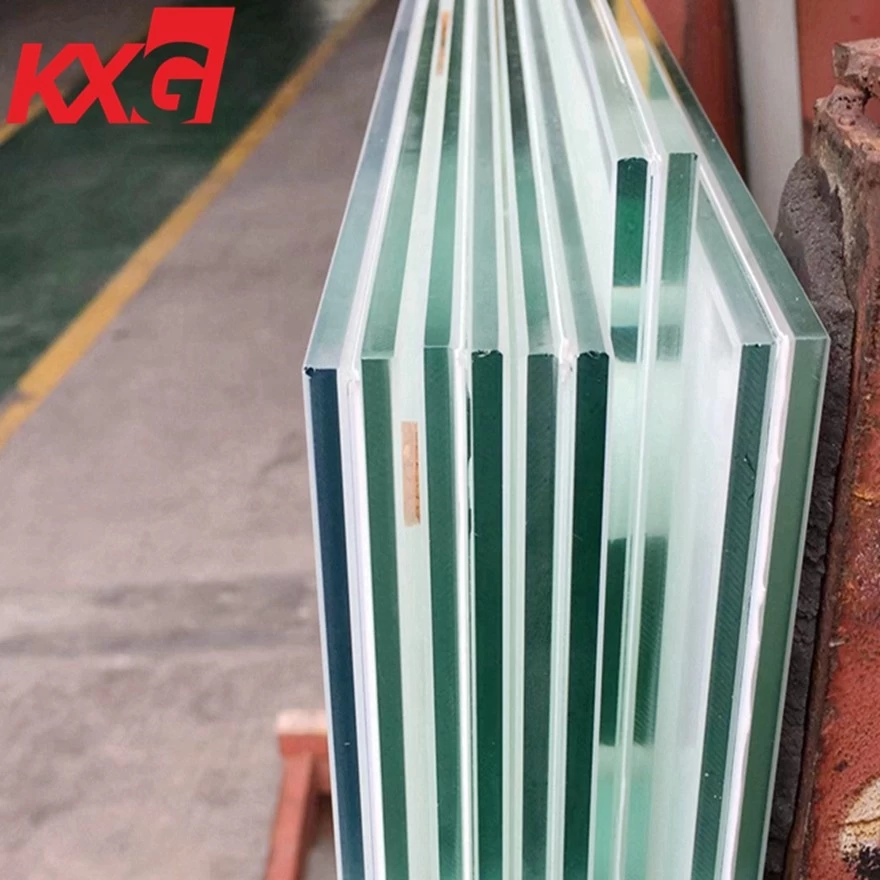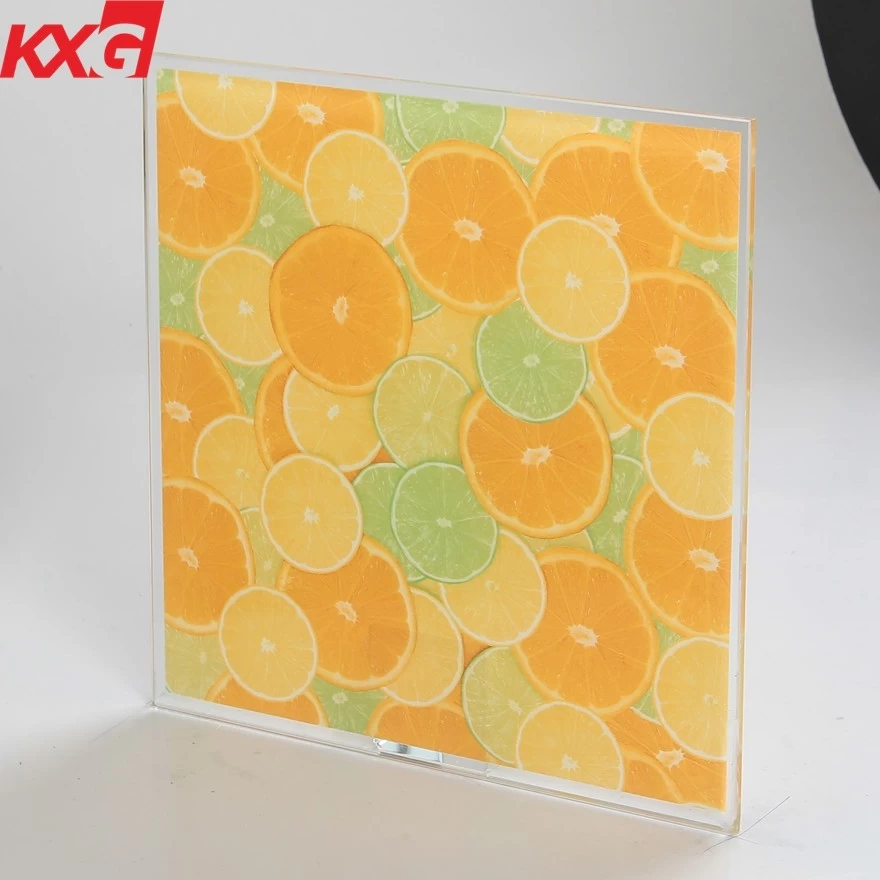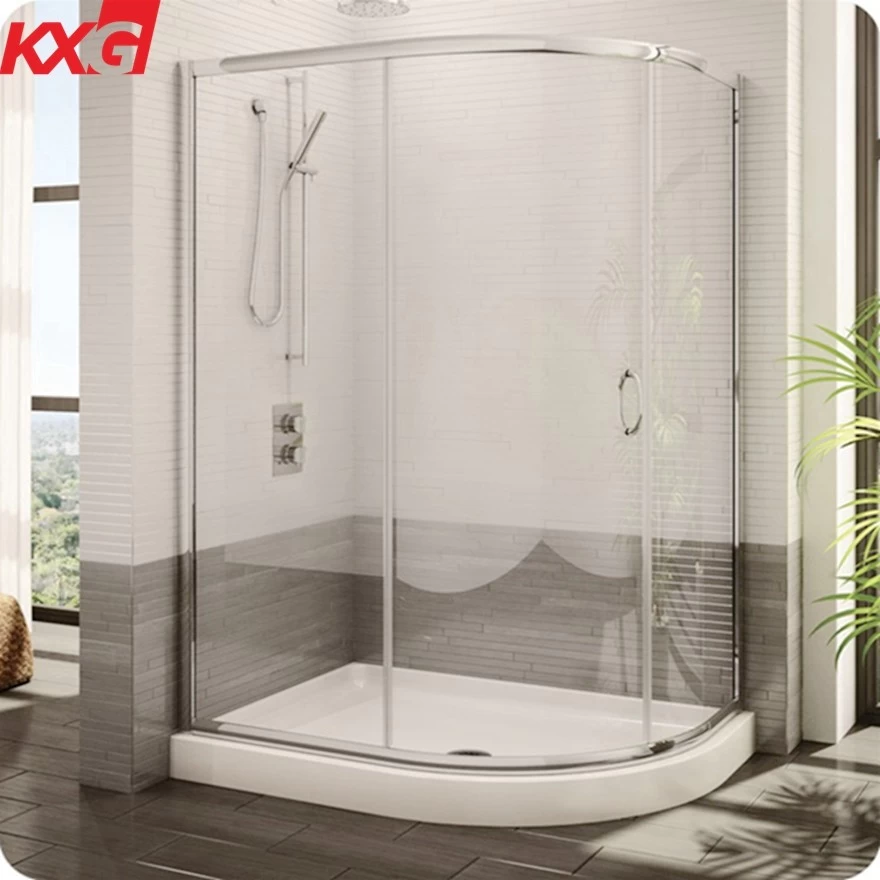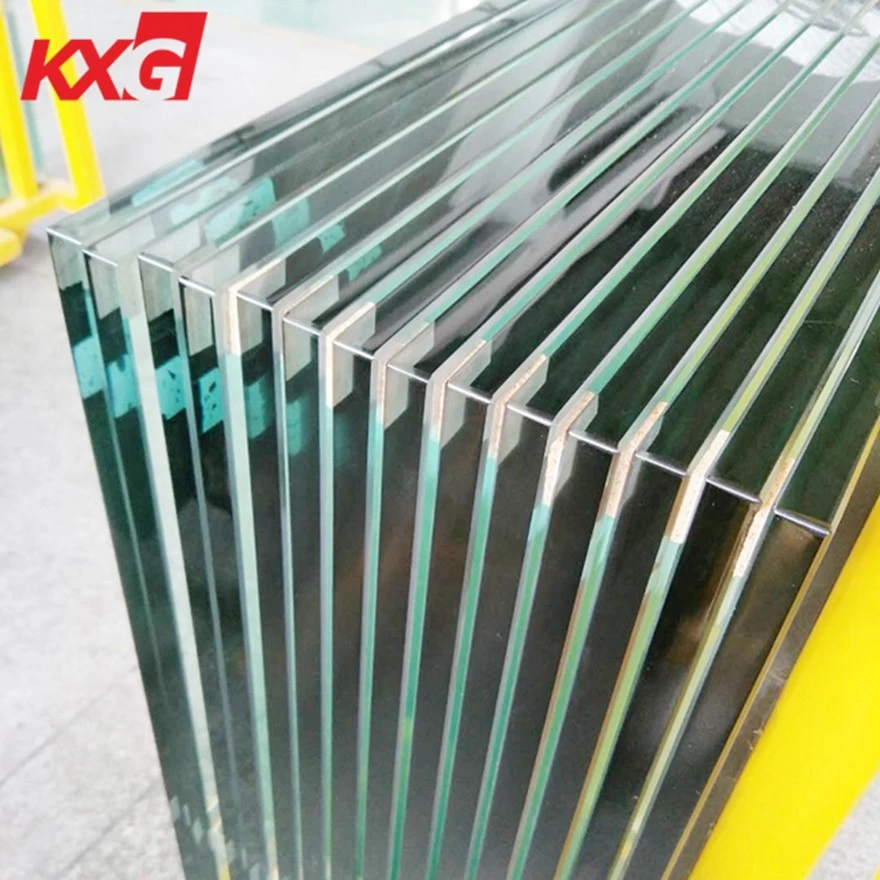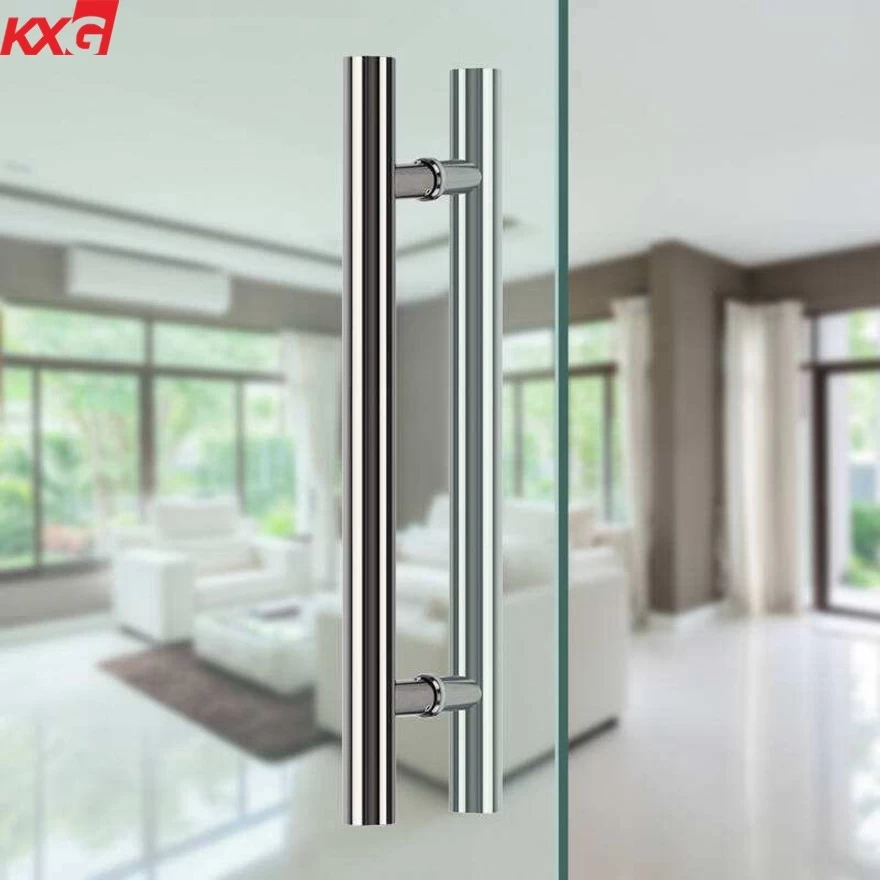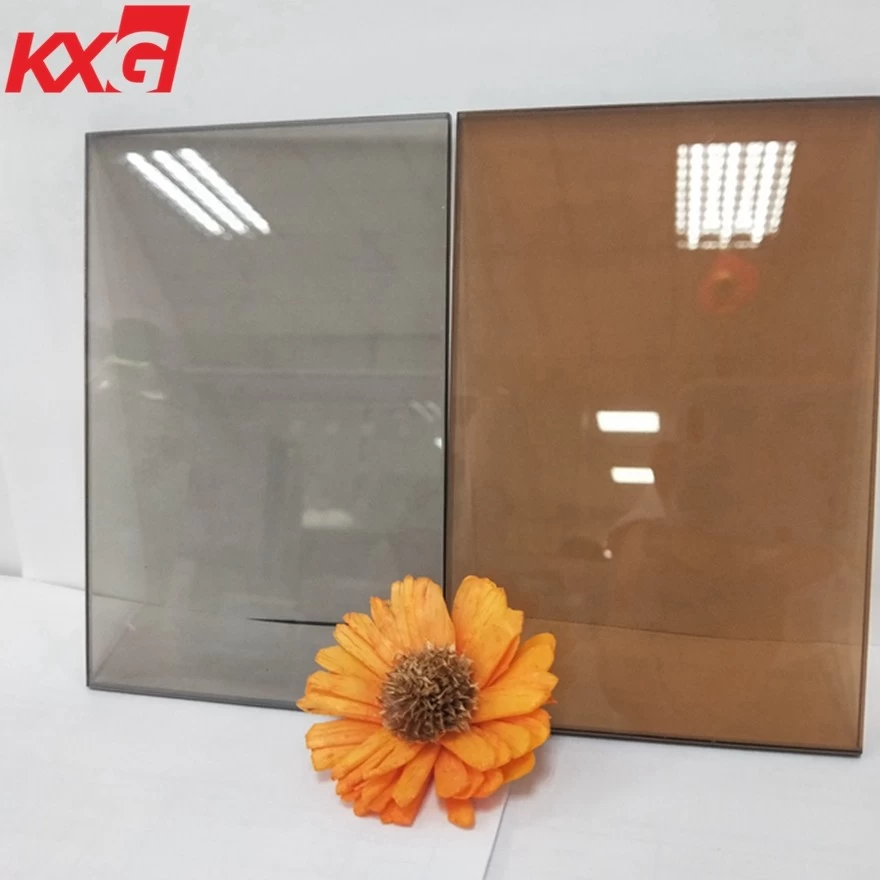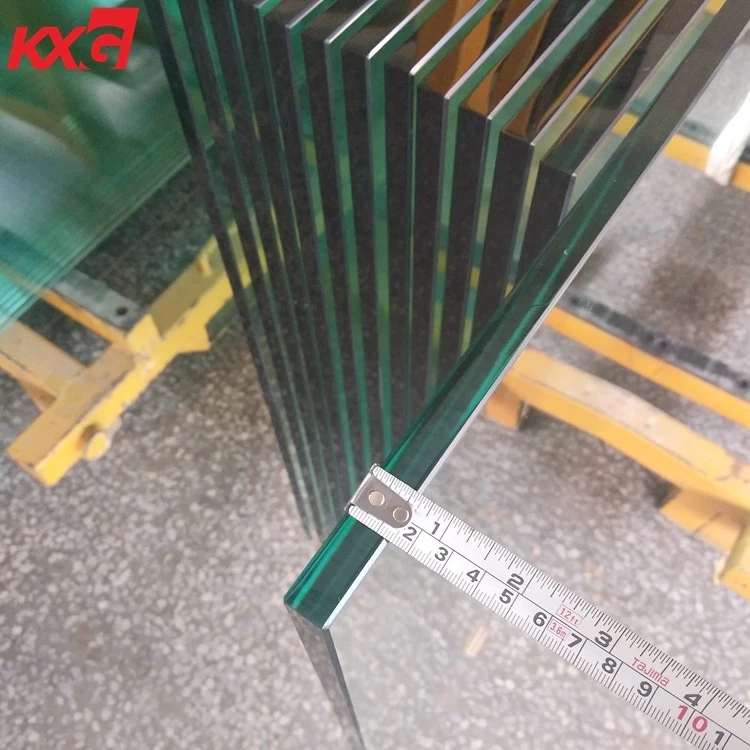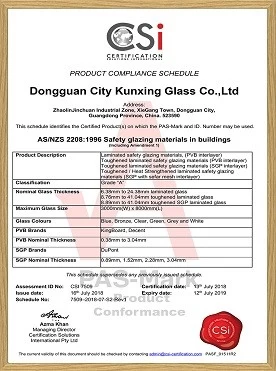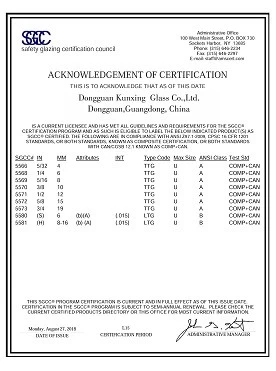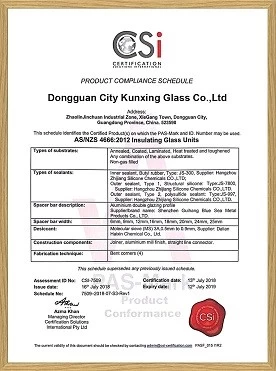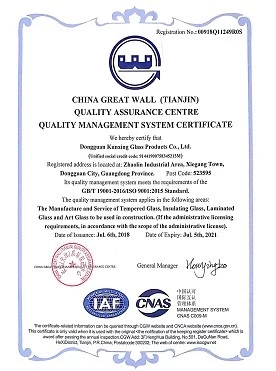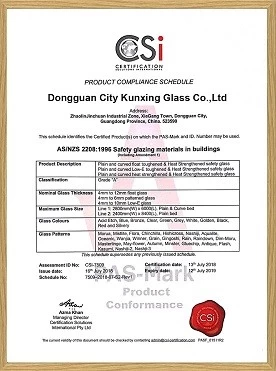The article to let you know how to choose soundproof door and window glass
In City life, believe that everyone had experienced noise, the sound of construction downstairs, the noise of downtown, vehicle horns, neighbor noise... and urban noise pollution not only affects people's mood and quality of life, especially the low-frequency noise may also lead to high blood pressure, heart disease, memory decline. Studies have shown that sleep is affected when the noise exceeds 30 db, and continuous living in noise environments above 70 db can seriously affect people's health.
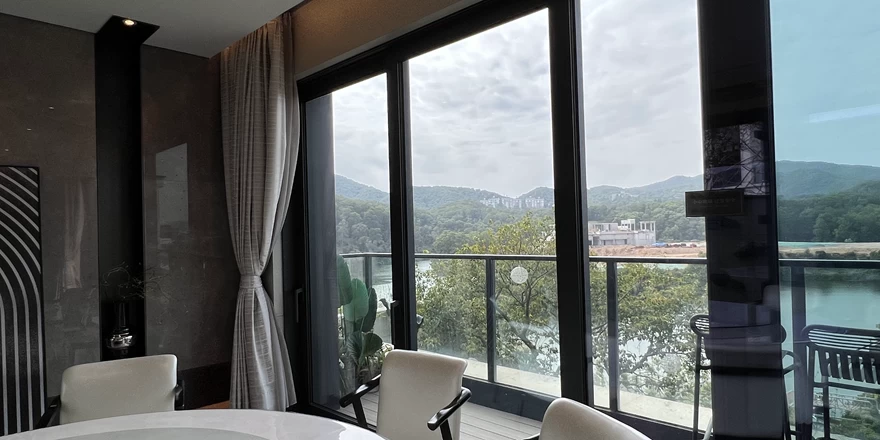
Therefore, in the selection of door and window glass, the sound insulation effect is a very important selection factor. The doors and windows of the broken bridge aluminum system with good effect can insulate 60%-80% of the sound. However, However, now the broken bridge aluminum doors and windows market is mixed. Many owners who want to install soundproof doors and windows do not know how to choose soundproof doors and windows. Today, We will share with you how to choose soundproof doors and window glass.
First of all, what are the factors that affect the sound insulation of doors and windows?
Airtightness of doors and windows
The airtightness of doors and windows directly affects the sound insulation effect of doors and windows. Everyone knows that sound is transmitted by air vibration. Doors and windows with good sealing performance have no gaps for ventilation, which can better hinder the transmission of sound and greatly improve the sound insulation effect.
The overall structure of doors and windows
The design of the overall structure of doors and windows also affects the sound insulation effect of doors and windows. The systematic sound insulation structure of doors and windows has been carefully designed, and the joints are tight, achieving sealing between the various parts of the entire window structure.
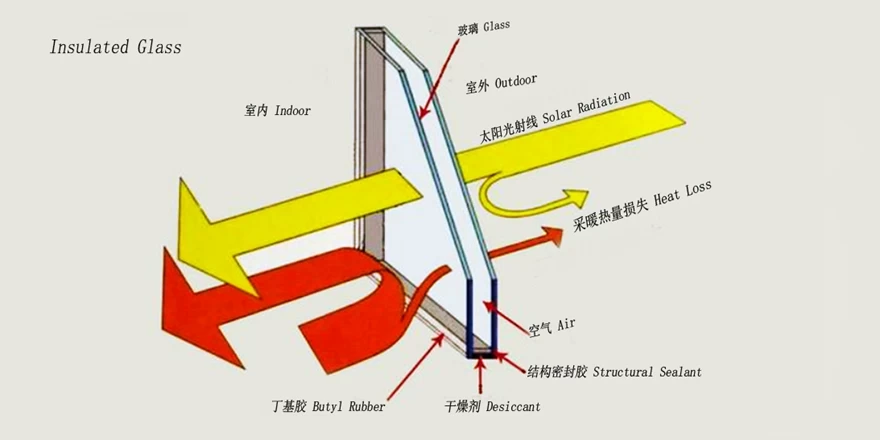
Glass sound insulation
The sound insulation effect of glass is an important factor related to the sound insulation effect of soundproof windows, and the sound insulation effect of different types of glass naturally varies.
So, which type of glass has the best sound insulation effect among the popular ones nowadays?
The sound insulation effect of insulating glass
Insulated soundproof glass utilizes the filling gas to partially absorb the energy of high-frequency sound vibrations, thereby reducing the sound level of sound waves. Its isolation performance is related to the thickness of the glass, the filling gas in the middle, and the number and thickness of the interlayer.
This type of insulating glass has a good sound insulation effect on high-frequency noise, such as the sound of speech and school loudspeakers. However, its sound insulation effect on low-frequency noise such as traffic is not ideal because insulating glass resonates with low-frequency noise in the low-frequency zone. For example, the sound of trains, airplanes, engines, etc.
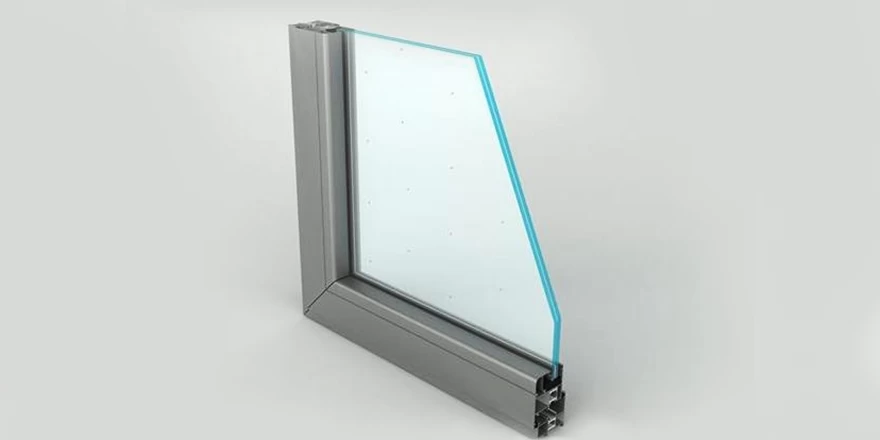
The sound insulation effect of vacuum soundproof glass
Vacuum soundproof glass utilizes the principle that sound cannot propagate in a vacuum environment for sound insulation, and theoretically can be completely soundproof. So although vacuum glass can also reduce noise, it is generally used in laboratories, recording studios, and other places.
The sound insulation effect of laminated glass
The film in the middle of laminated glass is equivalent to a damping layer, which mainly utilizes the characteristics of the PVB adhesive layer to absorb low-frequency sound waves, suppress the vibration of the glass, and achieve a sound insulation effect. It is generally used in high-end hotels, sanatoriums, and other places. The effect is very good for both high-frequency noise and low-frequency noise.
However, the sound insulation performance of laminated glass will be affected by temperature.
The sound insulation effect of laminated insulating glass
Laminated insulating glass has the advantages of both laminated glass and insulating glass. Various outdoor noise and sound waves gradually decay through the air layer and adhesive layer, especially when the noise passes through the adhesive layer, the medium and high-frequency noise is absorbed, twisted, shock-absorbing, and attenuated, which can eliminate about 95% of the noise.
When we actually buy and use, we not only consider the sound insulation effect but also the cost performance of doors and Windows, heat insulation, waterproofing, and other performances.
Therefore, choose different glass according to the different needs of the owner:
Choose insulating glass for high-frequency sound insulation (such as speaking, horn sound, car horn sound, etc.);
Choose laminated glass for low-frequency sound insulation (train sound, airplane sound, car engine sound...);
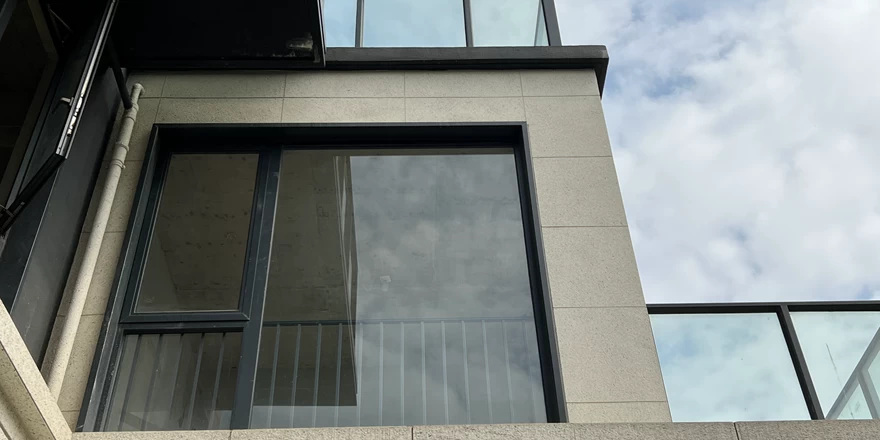
If your budget is sufficient and you have a high demand for sound insulation, choose a laminated insulating glass window door.
Now you know how to choose soundproof glass? If you still don't know how to choose the right glass configuration for doors and windows, please feel free to consult kevin@kxglass.com or leave a message with us.

